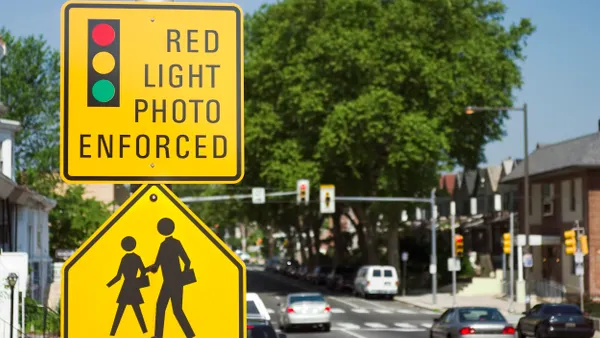Dive Brief:
- Six U.S. cities — Austin, Texas; Boston; Dallas; Denver; Kansas City, Missouri; and Newport News, Virginia — are set to join the Bloomberg Philanthropies City Data Alliance, Bloomberg announced last week.
- The program, designed to help local governments of communities with populations of 100,000 or more make the most of technological advancements like AI, launched in 2022 with a $60 million investment.
- “These municipalities will show the world how government can be faster, smarter, and fair — using data and technology to meet real needs, deliver efficiently and make measurable progress [that] people feel,” James Anderson, government innovation program head at Bloomberg Philanthropies, said in a statement.
Dive Insight:
AI use among state and local government agencies has roughly tripled since 2020, to 45%, according to a recent EY survey of government IT leaders. Forty-seven percent of respondents said modernization, including the adoption of AI, is their top priority, while 56% said reducing costs and 54% said improving security.
“State and local IT leaders recognize the imperative to modernize systems, but also need to lower costs and combat escalating cyber threats in the current environment,” Chris Estes, technology leader and client service partner for the EY Center for Government Modernization, which conducted the survey, said in a statement.
Generative AI “offers a once-in-a-generation opportunity” for cities to modernize their systems, enabling them to “anticipate problems, tailor responses and target resources where they are needed most,” Bloomberg Philanthropies said in a press release. “With the right coaching and capacity, data-savvy cities can seize the moment and deliver tangible results, building trust with citizens along the way.”
Bloomberg cited a 2022 U.S. Chamber of Commerce report, which found that using manual processes costs U.S. government agencies an estimated $38.7 billion annually. The federal government alone spends approximately $143 billion every year on information collections, according to the report.
The City Data Alliance provides participants with technical assistance, access to innovation specialists and a network of fellow city leaders working toward similar modernization goals across North, Central and South America, according to Bloomberg.
Denver Mayor Mike Johnston announced plans to use the program to expand progress the city has made in reducing street homelessness, which has declined 45% since 2023.
“The key to sustained progress is reliable systems built to last and [to] keep our initiatives running long after we are gone, and this ambitious coalition of local leaders will help us tap into new technology to deliver the progress our residents deserve,” Johnston said in a press release.
Baltimore, Seattle and Tampa, Florida, are among the other U.S. cities participating in the alliance. Those cities have used the program to develop a database of people at high risk of gun violence, streamline housing applications and identify areas most impacted by hurricanes in real-time, respectively, according to Bloomberg.













